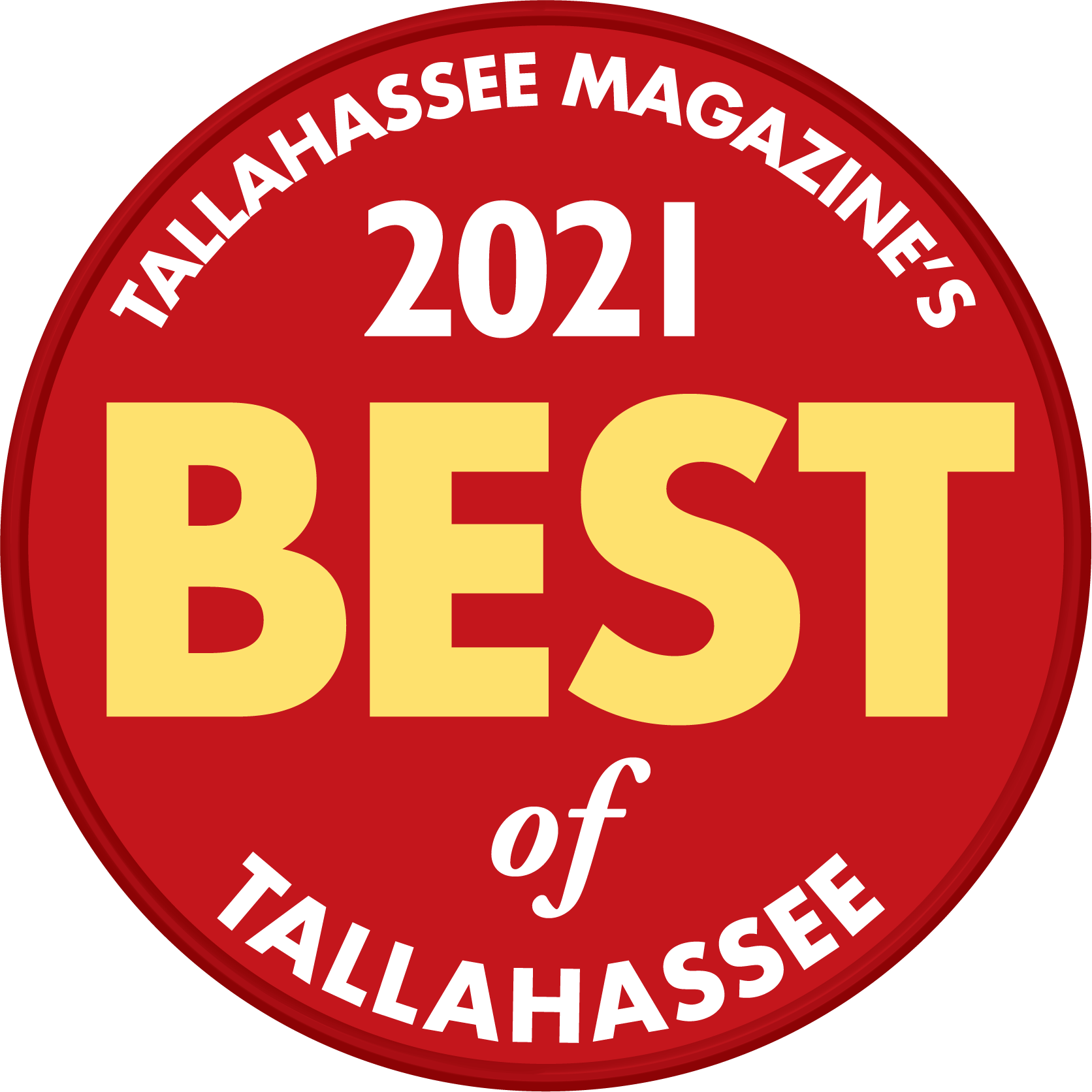We are very excited to offer this “report card” in an effort to work together to improve your overall health. Your report card uses the latest technology to produce your list of recommendations from the United States Preventive Services Task Force (http://www.USPreventiveServicesTaskForce.org.) The USPSTF is an independent, non-governmental panel of experts in prevention and primary care. They conduct rigorous, impartial assessments of the scientific evidence for the effectiveness of a broad range of clinical preventive services, including screening, counseling and preventive medications. Topics are updated as new research is available. These recommendations are considered my most physicians to be the standard of medical care in the United States as well as many other countries.
The report card has a list of your illnesses as well as a list of your current medications. Please review the list and let us know of any corrections or updates.
The section labeled “labs” has your latest lab values. The HbA1c is used to check the average blood sugars for diabetics. The MicroAlb/Cr is a test used to monitor the kidney function of patients with diabetes. The INR is used to make sure the coumadin or warfarin is adjusted for people who are taking blood thinners.
The section labeled “measures/calculations” includes the blood pressure and body mass index (BMI) obtained at your previous office visit. It also includes what your ideal body weight should be. The CHD (cardiac heart disease) risk is a calculation of your future risk of having a heart attack over the next 10 years. It uses the risk factors section to calculate this risk. So if it says 5%, that means that your calculated risk of having a heart attack in the next 10 years is 5%. The Est. CrCl is a measure of your kidney function and it should be over 60. It is based on the serum creatinine.
The section labeled “diagnostic testing” includes the dates you had these test performed. Bone density is the same as a DEXA scan and is usually only performed in women with risk factors such as being menopausal or women over 65 years of age. It is occasionally indicated in men who have risk factors. Colonoscopy is a screening test for colon cancer and is recommended for anyone 50 years of age or older. If you have risk factors for colon cancer it may be recommended to start screening at an earlier age.
Vaccines are also listed with the last date they were given. HPV is the Gardisil vaccine that is used to prevent cervical cancer and is a series of 3 shots recommended between the ages of 9 and 26 in women. Herpes zoster vaccine (Zostavax) is recommended for individuals 60 and older. It prevents shingles which is also referred to as herpes zoster. The section labeled “goals” list what goals you have met and goals that you have not met.
“Action items” are recommendations to improve your overall health.
Next appointment date refers to the frequency of office visits based on a specific diagnosis such as hypertension (HTN), coronary artery disease (CAD) or high body mass index (BMI).
If you have any corrections for the Report Card please tell the nurse so she can correct it. I welcome any suggestions for improving the “Report Card.”
The information provided above is offered as a community service about health-care issues and is not a substitute for individual consultation. Advice on individual problems should be obtained from your personal physician. This information is based on research by the author and represents his interpretation of the literature.






